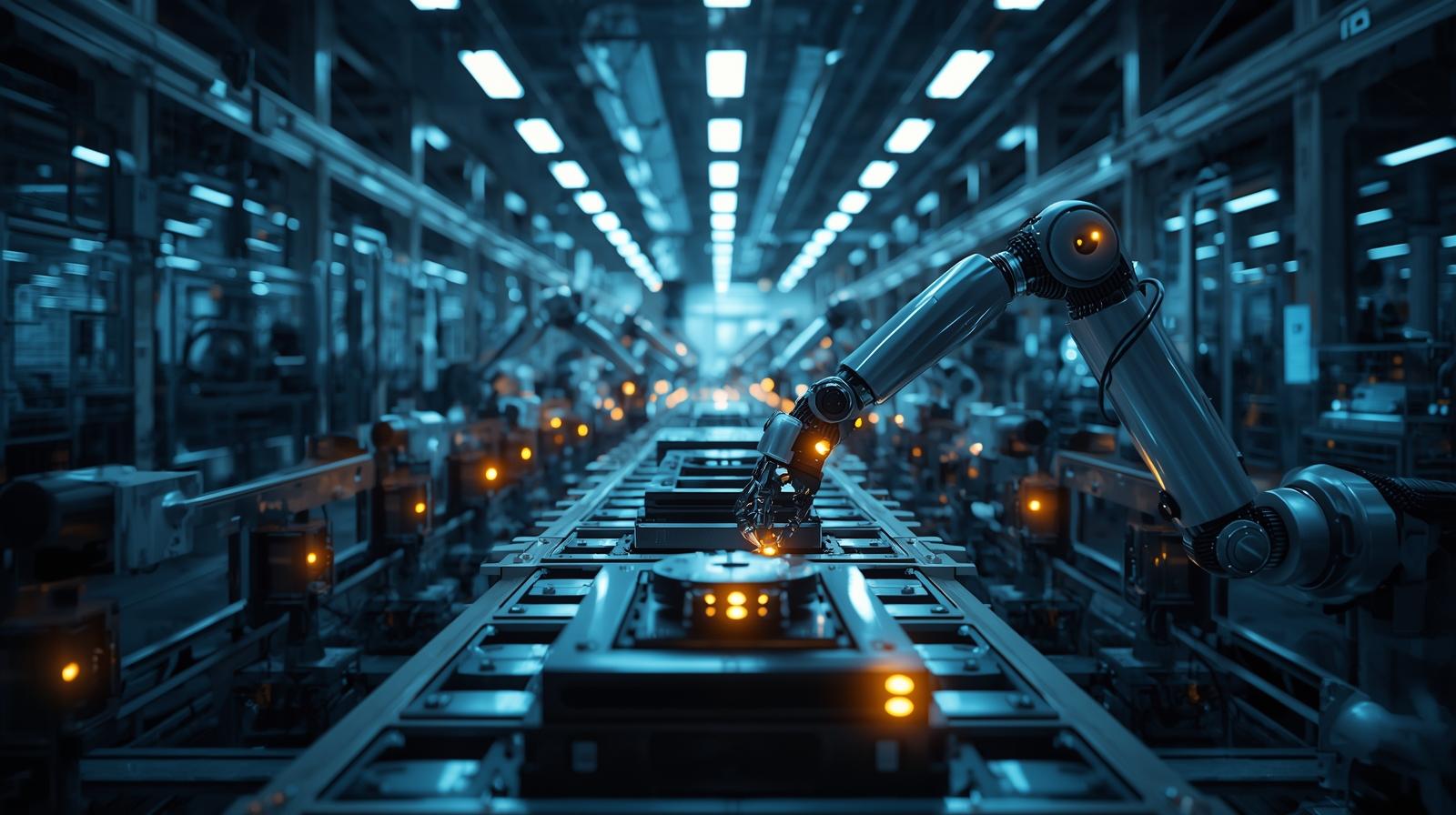The integration of Artificial Intelligence (AI) into the manufacturing sector is no longer a futuristic concept—it is actively reshaping how factories operate, how products are designed, and how supply chains are managed. As industries embrace the principles of Industry 4.0, AI is emerging as a cornerstone technology, enabling smart manufacturing through predictive analytics, automation, and real-time decision-making. Looking ahead, the future growth prospects of AI in smart manufacturing are substantial, driven by technological advancements, increasing demand for efficiency, and the push for sustainability.
Download PDF Brochure @ https://www.marketsandmarkets.com/pdfdownloadNew.asp?id=72679105

Expanding Adoption of AI Across Manufacturing Processes
The future of AI in smart manufacturing is closely tied to its expanding adoption across the entire production lifecycle. AI applications are moving beyond predictive maintenance and quality inspection to more sophisticated areas such as process optimization, adaptive production planning, and autonomous operations. By leveraging machine learning algorithms and real-time data analytics, manufacturers can optimize workflow, minimize downtime, and dynamically adjust production schedules to meet changing market demands. This broadening scope is expected to drive significant investment in AI technologies over the coming years.
Predictive Maintenance and Reduced Downtime
Predictive maintenance remains one of the most impactful applications of AI in smart manufacturing. By analyzing sensor data and machine performance metrics, AI can predict potential equipment failures before they occur. This proactive approach reduces unplanned downtime, extends equipment lifespan, and lowers maintenance costs. As manufacturing systems become more complex, the demand for AI-driven predictive maintenance solutions will continue to grow, making it a major contributor to the future expansion of the smart manufacturing sector.
AI-Driven Quality Control and Process Automation
Maintaining high-quality standards while increasing production speed is a critical challenge for manufacturers. AI-driven inspection systems, powered by computer vision and machine learning, can detect defects with unprecedented accuracy and efficiency. Combined with robotic process automation (RPA), AI enables continuous production monitoring, automated adjustments, and adaptive quality control. The adoption of these technologies is expected to increase across industries such as automotive, electronics, aerospace, and pharmaceuticals, enhancing product reliability and reducing operational costs.
Supply Chain Optimization and Smart Logistics
AI is poised to revolutionize supply chain management in smart manufacturing. Advanced AI models can forecast demand, optimize inventory levels, and improve logistics efficiency. Real-time data analysis allows manufacturers to respond quickly to market changes, mitigate risks, and enhance supply chain resilience. With the global supply chain facing increasing volatility, AI’s ability to provide predictive insights and actionable recommendations is expected to drive further adoption in the coming years.
Sustainable and Green Manufacturing
Sustainability is becoming a central focus for manufacturers worldwide, and AI is playing a key role in enabling eco-friendly operations. AI-powered systems optimize energy usage, reduce material waste, and monitor emissions, helping companies comply with environmental regulations while minimizing operational costs. As governments and consumers increasingly prioritize sustainability, AI-driven green manufacturing solutions are expected to become a critical growth area, supporting the industry’s transition toward more responsible and resource-efficient practices.
Integration with Emerging Technologies
The future growth of AI in smart manufacturing is closely linked to its integration with other emerging technologies such as the Internet of Things (IoT), digital twins, 5G, and edge computing. IoT devices provide real-time data from machinery and production lines, while AI analyzes this data for predictive insights. Digital twins enable virtual simulation and optimization of manufacturing processes. Together, these technologies create fully connected, intelligent factories capable of autonomous decision-making and continuous improvement, driving long-term growth and competitiveness.
Investment and Market Expansion
The increasing adoption of AI in smart manufacturing is attracting significant investment from both private and public sectors. Companies are investing in AI-driven platforms, robotics, and analytics tools to enhance efficiency, improve quality, and reduce operational risks. Market forecasts suggest that the AI in manufacturing sector will continue to expand rapidly, with industries across North America, Europe, and Asia-Pacific leading the charge. This growth is supported by the rising demand for digitalization, automation, and intelligent manufacturing solutions globally.
